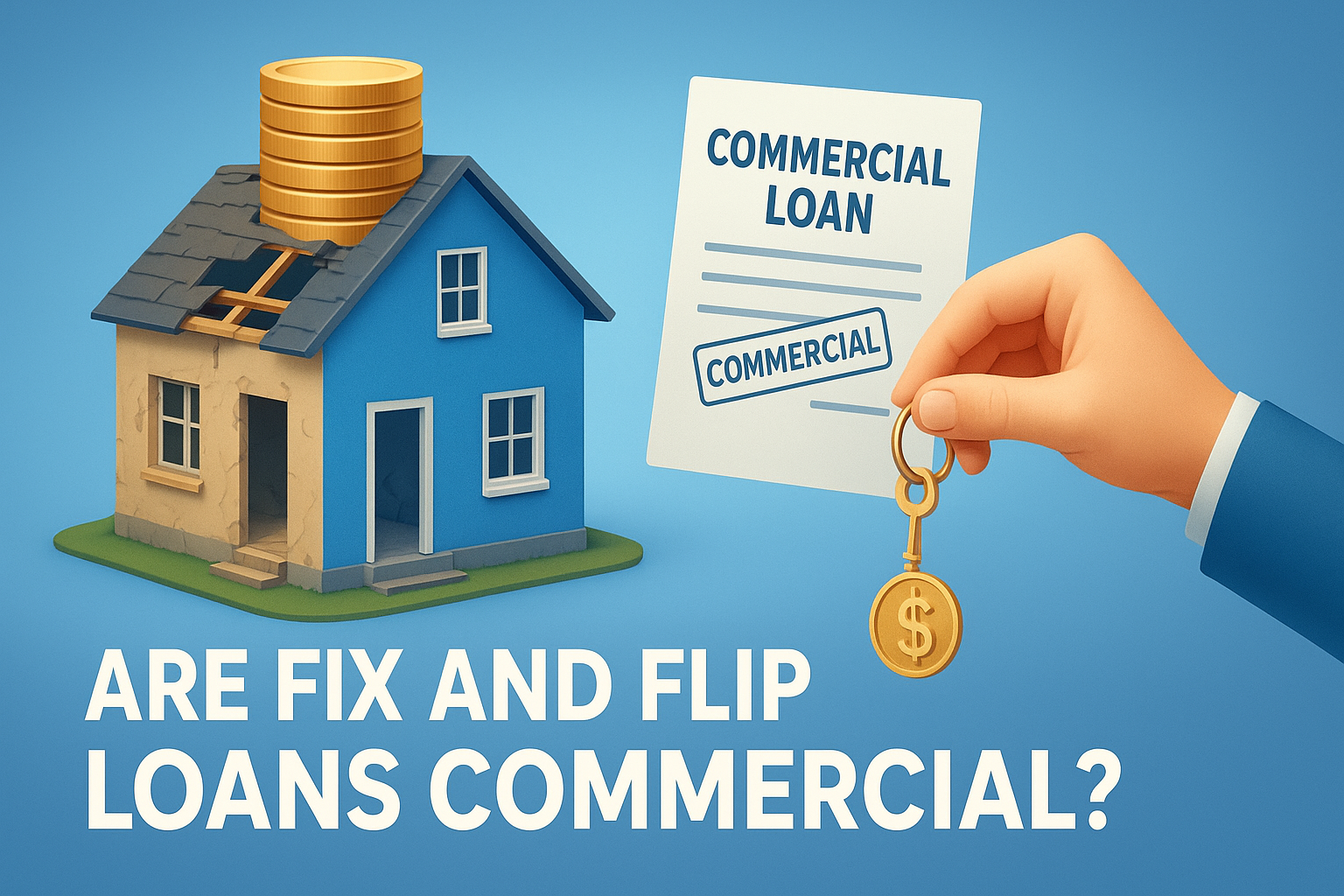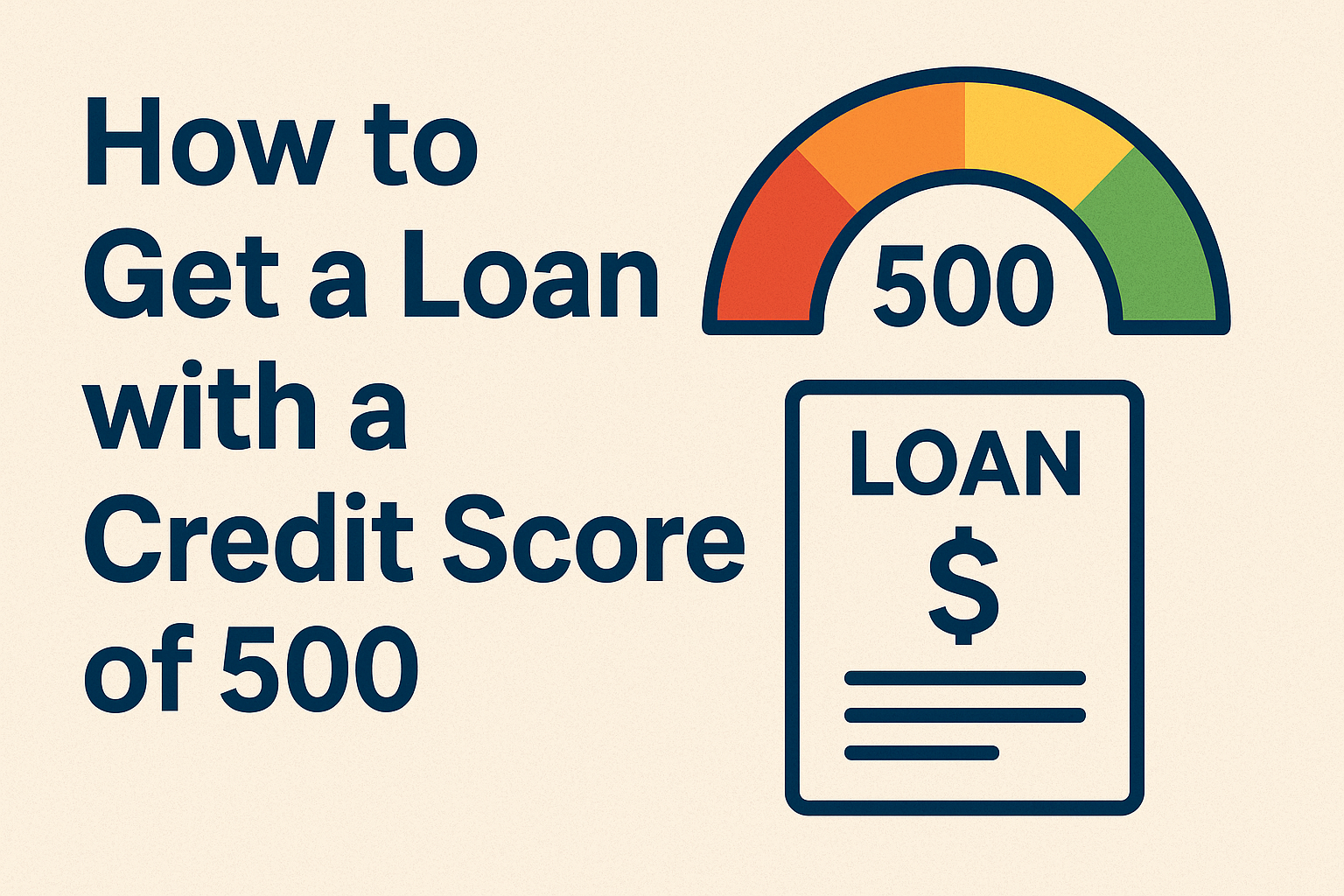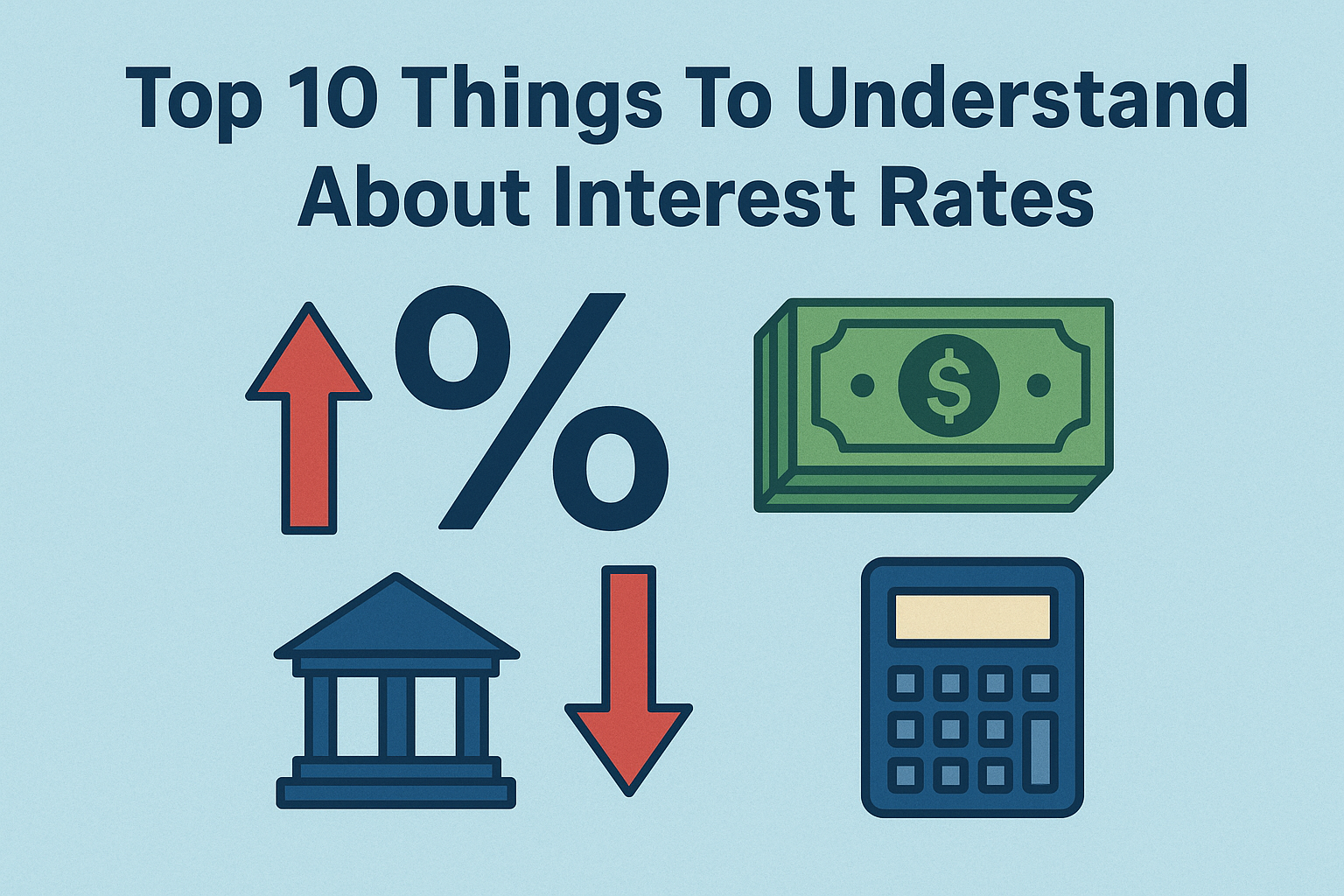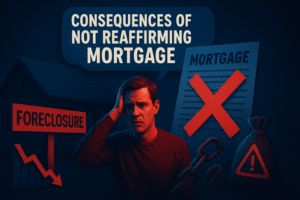If you’re into real estate investing, you’ve probably wondered, “Are fix and flip loans commercial?” The short answer is yes, they typically fall under commercial loans because they are used for investment purposes rather than personal homeownership.
Fix and flip loans are designed for investors who buy distressed properties, renovate them, and sell them quickly for profit. Since these loans are business-focused, lenders classify them as commercial real estate loans rather than traditional residential mortgages.
How Do Fix and Flip Loans Work?
Fix and flip loans are short-term financing options, usually lasting 6 to 18 months. Here’s how they work:
-
Loan Purpose: Used to purchase and renovate a property for resale.
-
Loan Terms: Higher interest rates (8-12%) compared to traditional mortgages.
-
Repayment: Typically repaid in a lump sum after selling the property.
-
Approval Factors: Based on the property’s after-repair value (ARV) and the borrower’s experience.
Lenders like Hard Money Lenders and private investors often provide these loans because traditional banks see them as high-risk.
Commercial vs. Residential Loans: Key Differences
Understanding whether fix and flip loans are commercial or residential helps in choosing the right financing. Here’s a comparison:
| Feature | Commercial Fix and Flip Loans | Residential Mortgages |
|---|---|---|
| Purpose | Investment property flipping | Primary home purchase |
| Loan Term | 6-18 months | 15-30 years |
| Interest Rates | 8-12%+ | 3-7% |
| Approval Criteria | Property ARV & investor experience | Credit score & income |
| Down Payment | 20-30% | 3-20% |
Since fix and flip loans are asset-based, lenders focus more on the property’s potential value than the borrower’s credit score.
Who Qualifies for a Fix and Flip Loan?
Not everyone can get a fix-and-flip loan. Lenders look for:
- Experience in Real Estate – First-time flippers may face stricter terms.
- Strong Exit Strategy – Proof that you can sell the property quickly.
- Down Payment (20-30%) – Most lenders require significant equity.
- Good Credit (Minimum 620+) – Though some hard money lenders accept lower scores.
Pros and Cons of Fix and Flip Loans
| Pros | Cons |
| Fast Funding – Closes in days, not months. | High Interest Rates – More expensive than traditional loans. |
| Flexible Terms – Based on property value, not just credit. | Short Repayment Period – Pressure to sell quickly. |
| No Prepayment Penalties – Pay off early without fees. | Strict Lender Requirements – Need solid experience and down payment. |
Best Lenders for Fix and Flip Loans
If you’re looking for financing, consider these top lenders:
-
LendingHome – Great for new and experienced flippers.
-
Kiavi (formerly LendingOne) – Offers competitive rates.
-
RCN Capital – Specializes in fix and flip loans.
-
Hard Money Lenders – Local private investors.
Check their terms and compare offers before committing.
Final Verdict: Are Fix and Flip Loans Commercial?
Yes, fix and flip loans are commercial loans because they fund investment properties rather than personal residences. They offer quick financing but come with higher costs and risks.
If you’re planning a fix and flip project, weigh the pros and cons carefully. Research lenders, understand the terms, and ensure you have a solid exit strategy.
FAQs About Fix and Flip Loans
1. Are fix and flip loans only for experienced investors?
No, but beginners may need a co-signer or a higher down payment.
2. Can I live in a fix and flip property?
No, these loans are strictly for investment properties.
3. What happens if I can’t sell the property on time?
You may need to refinance or face foreclosure.
4. Do fix and flip loans require appraisals?
Yes, lenders assess the ARV (After Repair Value) before approval.
For more details, check out this guide from Investopedia on real estate financing.











